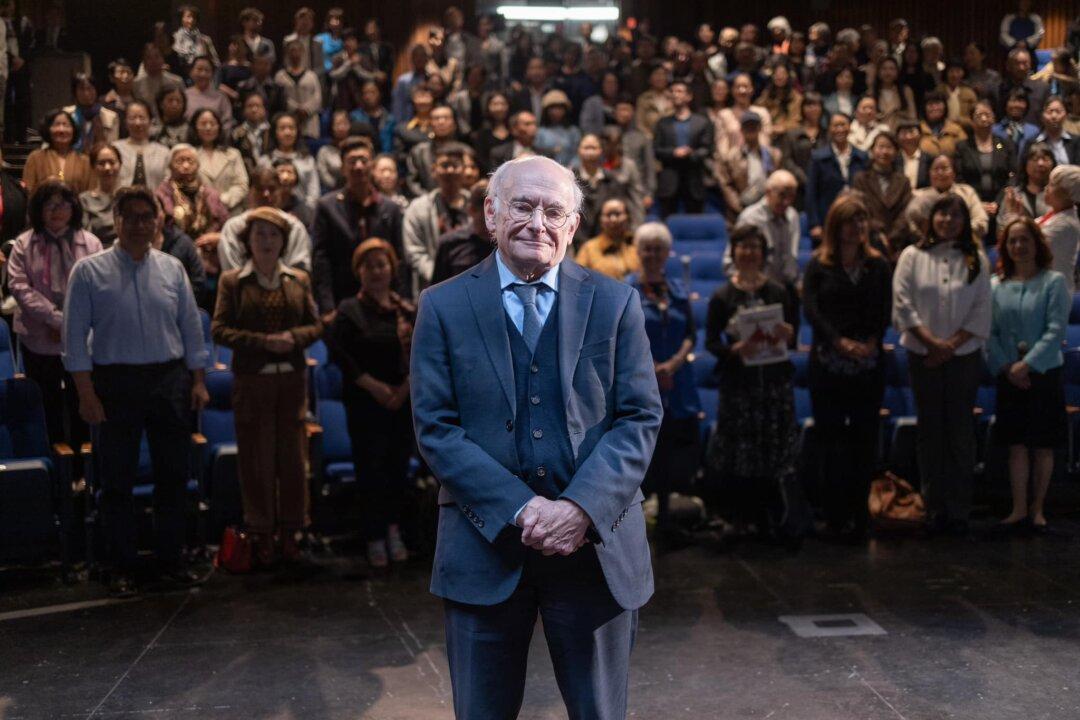TORONTO—If you have a conversation with a friend over dinner and talk about something meaningful going on in their life—perhaps about their significant other, their child, or someone else they love—you walk away feeling much closer to that person.
Singer Alice Coote likens opera to this kind of bonding experience. “You stay and actually commune with someone,” says the British-born mezzo-soprano.
“In arias onstage, you get one after another the experience of someone honestly telling you how they feel. It’s such a rewarding experience,” says Coote, who feels sad about the common misconception that opera is rigid and boring.
“I just wish we didn’t call it opera. It’s such a shame. We need to think of a different word to call it.”
Coote, who is currently performing in the Canadian Opera Company’s production of Handel’s 18th-century masterpiece “Ariodante,” is one of today’s leading singers, having performed at some of the world’s most prestigious opera houses. Inspired by the art form’s great power to move the heart, she hopes more people will awaken to what it has to offer.
Connecting with the audience






